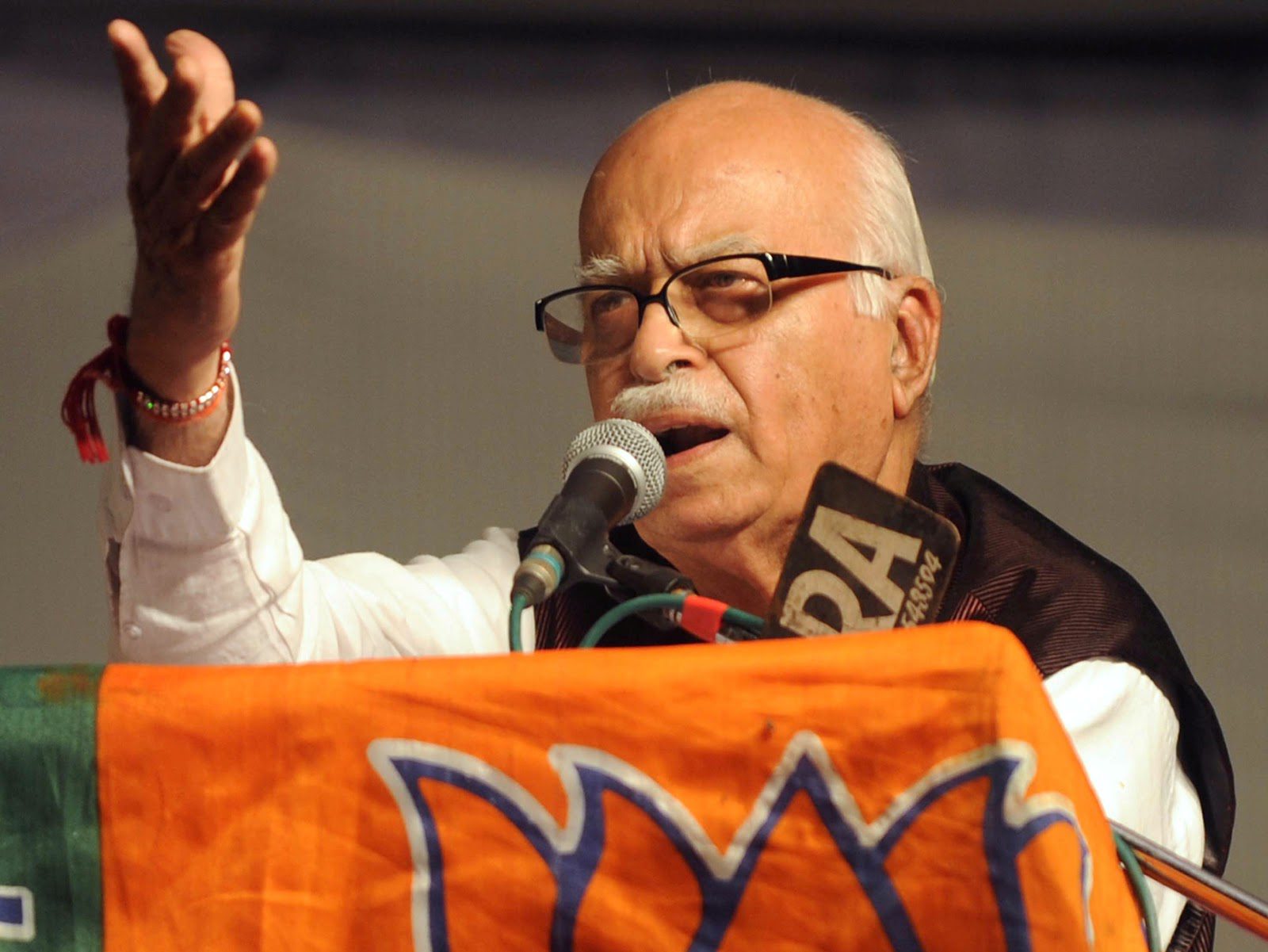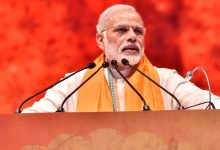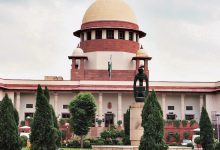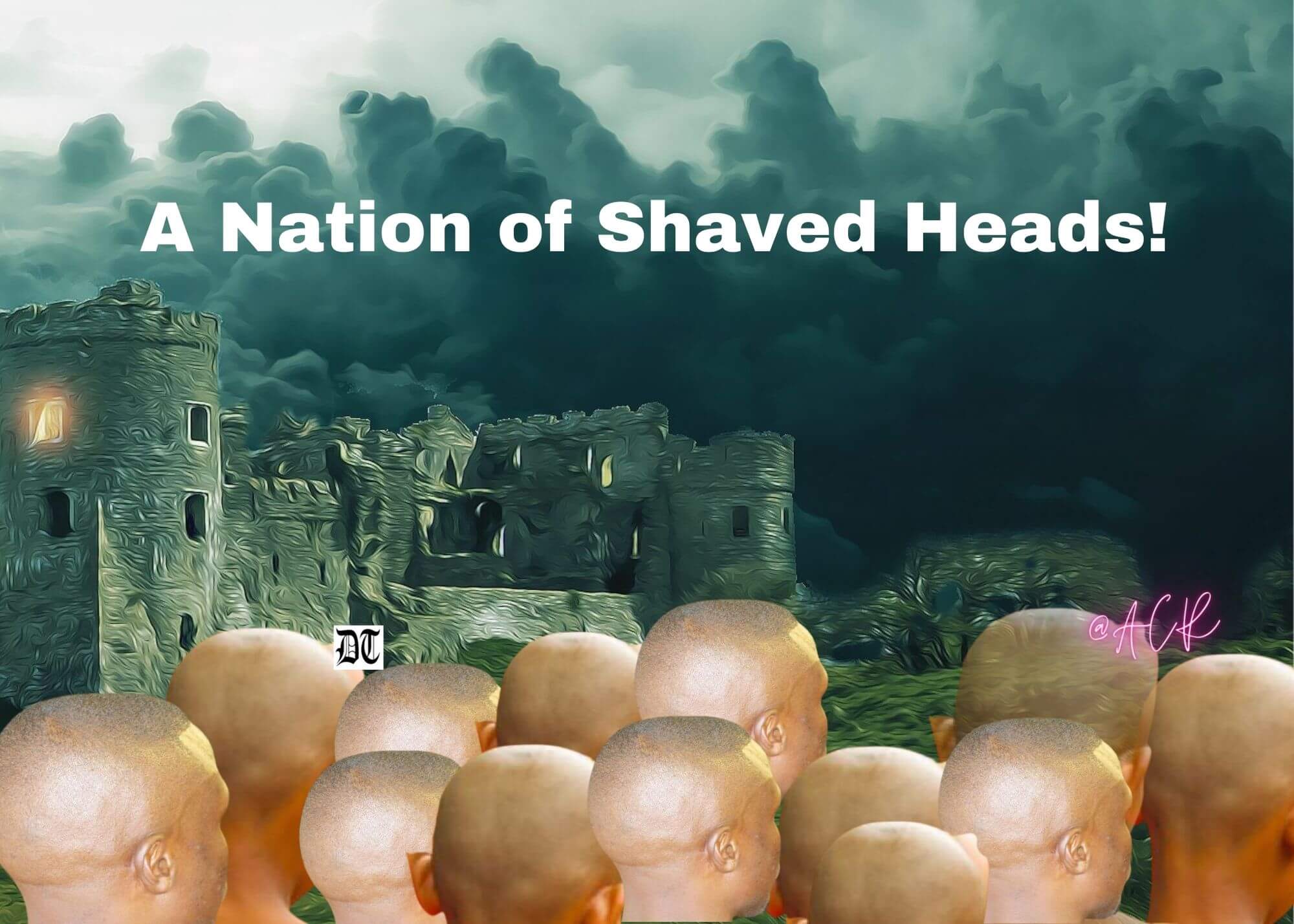Advani’s friends and well-wishers describe him as a real statesman, it is doubtful whether he could be accorded with this salutation. None of his actions in recent times, precisely after Modi took over as the prime minister, reflects that ethos. His silence on the Karnataka developments has turned him suspect in the eyes of some senior BJP leaders. Even a good number of middle order leaders are finding it difficult to digest. However, they have preferred to remain passive spectators to the recent drama in Bengaluru. An analysis, for Different Truths.
BJP’s only “Hindu Hridaya Samrat” (emperor of Hindu hearts) Lal Krishna Advani whose Rath Yatra blazed a bloody trail across India and who took BJP from a two-MP party to forming the first NDA government, is to be blamed for the current constitutional and democratic crisis India was facing. In his ecstasy to turn India into a Hindu Rashtra, he patronised Narendra Modi overruling the objections of party’s public face Atal Behari Vajpayee.
What was most unfortunate was Advani became the first victim of Modi’s ascendance. He was sidelined and projected as a political non-entity. Some people nurse the view that had he been in command of the party, he would have put his foot down and opposed the recent move of Narendra Modi to undermine the Constitution and democratic values by foisting B S Yeddyurappa as the chief minister of Karnataka. But Advani’s reluctance to even condemn the happenings in Karnataka underlines that Modi’s action has his tacit support and sanction.
Advani has been the patriarch of the BJP. He has been portraying a suave appearance in the public. But never did he come out opposing the political actions and moves of Modi. It would be naïve to believe that he has been supporting Modi out of fear. Why should a person like Advani get scared of Modi? There is no plausible reason. His quitting the party would have harmed the interest of the party and its public perception more. It was expected of him that he would rise to the occasion and oppose the machination of Modi. But his stoic silence sends the ubiquitous message: Modi is correct.
Advani knows that the party desperately needs Modi to continue to see the BJP in power. While the secular forces are strong, the commitment of people to the secular ethos and ideals that are stronger. Basically, this is the reason that the Sangh and BJP have not succeeded in scaring the people. Even today the percentage of the people committed to Hinduism has not been significant. It is the feudal lords, landed gentry and a section of the upper caste who support the saffron brigade.
Advani nurses the perception that a person like Modi can terrorise and scare the people to move closer to Sangh and accept its ideology. His resorting to autocratic style has been the key to his success. Though the RSS, the parent organisation, had long denied him the right place in the party and refused to acknowledge him as a true pracharak of RSS, he continues to cherish the wish for being draped in saffron after his death. He thinks himself as the true Sanghi. Basically, this has been the reason that he did not condemn or criticise the action of subverting Constitution and democracy by Modi. For him, there has been a vast difference between Indira’s subversion and Modi’s treason. While Advani was not tired of calling Indira an autocrat, he has been maintaining a passive silence on Modi’s exploit.
Advani’s friends and well-wishers describe him as a real statesman, it is doubtful whether he could be accorded with this salutation. None of his actions in recent times, precisely after Modi took over as the prime minister, reflects that ethos. His silence on the Karnataka developments has turned him suspect in the eyes of some senior BJP leaders. Even a good number of middle order leaders are finding it difficult to digest. However, they have preferred to remain passive spectators to the recent drama in Bengaluru.
Frontline rebels like Yashwant Singh, Arun Shourie and others have, in fact, been expecting Advani to speak out against Modi. It was his stoic silence that made these leaders withdraw and wage their own separate battle against Modi. His protégés, the second-generation leaders Advani had nursed in the BJP, publicly disowned him. Only Sushma Swaraj and Shivraj Singh Chouhan continue to be loyal. Ironically, when Vajpayee wanted Modi to resign after the Gujarat 2002 riots, Advani virtually led a BJP revolt and saved Modi to checkmate Vajpayee. It was after Advani publicly opposed his candidature as PM and was shot down by the BJP and the RSS that Modi retaliated and turned his enemy. Since then he has been using every occasion to humiliate him.
Advani’s protégé Yashwant Sinha was right in his assertion that Governor Vajubhai Vala inviting the BJP to form the government in the state has led to a situation wherein MLAs will be auctioned under the “Indian Political League” the way cricketers “are auctioned in the Indian Premier League (IPL)”. He even staged a protest outside the Rashtrapati Bhavan against the Governor’s decision, and described the move of Congress and the JD(S) approaching the Supreme Court as the “weakness” of the country’s political system that it failed in delivering justice in such cases. He was absolutely right in forecasting that the developments in Karnataka were a “rehearsal” of what would happen in Delhi after the 2019 Lok Sabha polls. He recently launched ‘Rakha Manch’- a movement against the BJP’s policies.
Advani speaking out against the recent dirty plays of Modi would have done a great service to the party and nation’s polity. At least crores of the BJP cadres and leaders would not have felt deserted. It is before their eyes that the party which claimed to be different turning into a disgraced and condemned outfit. A closer look at all the recent developments makes it explicit that Modi takes the issues as a personal challenge to him; he never treats them at a political level. The Karnataka issue has the same element. Formation of the BJP government has become a matter of personal prestige for Modi. It is astonishingly Advani instead of voicing his concern has been patronising a political culture which has been detrimental to democracy and constitutional functioning and would eventually promote fascism.
Arun Srivastava
©IPA Service
Photo from the Internet





 By
By
 By
By
